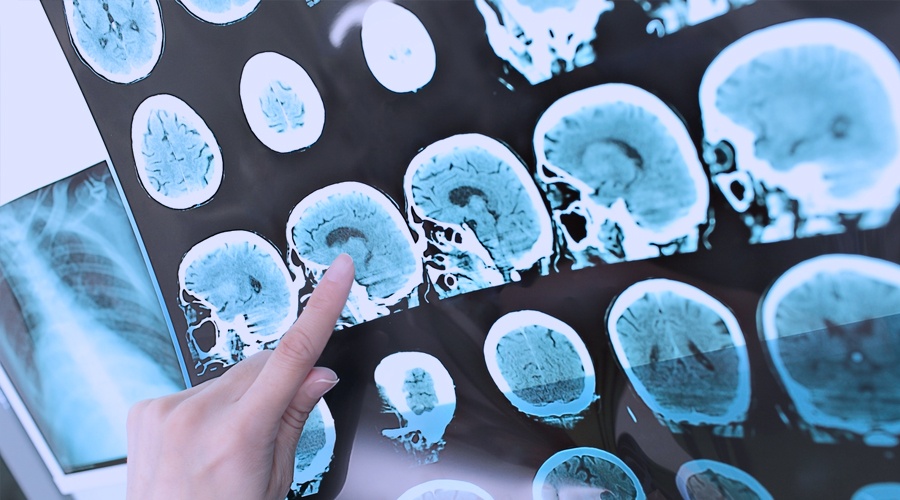For decades, avascular necrosis (AVN) of the femoral head was regarded as a degenerative...
4 Types of Brain Injuries

There are many ways a person can incur a brain injury. Some involve external forces, such as hitting your head while playing soccer, while others are internal stresses, such as neurological impairment caused by a stroke.
A traumatic brain injury (TBI) occurs when there is brain dysfunction caused by an outside source, often due to severe impact to the head from various sources, including: violent events, sports activities, falls, trips, accidents, or car crashes.
An acquired brain injury (ABI) encompasses any head injury that takes place after birth, including: those caused by strokes and heart attacks (causing an oxygen deficiency in the brain), poison or exposure to toxic substances, tumors and aneurysms, strangulation, choking or drowning, drug abuse, encephalitis, meningitis and other infections. TBIs can also fall under this category.
Types of Traumatic Brain Injuries and Acquired Brain Injuries Include:
1. Anoxic Brain Injury
An anoxic brain injury is a type of ABI in which all or parts of the brain are deprived of oxygen. Because oxygen is such a vital element for our cells, depriving brain tissue for even a short amount of time can cause severe damage. This may result in dysfunction such as loss of speech, vision problems, memory loss, and irritability. A person may suffer from an anoxic brain injury as a result of a near-drowning experience, stroke, carbon monoxide poisoning, choking, suffocation, or drug overdose.
2. Contusion
Contusions are bruises, which are simply injured body tissue, that result from ruptured blood capillaries. This type of injury can also affect other areas of the body. For example, if you get kicked in the shin during a soccer game, you may notice a contusion in the affected area within a day or so. However, a cerebral contusion refers to a bruise on the brain tissue, and is considered to be a form of TBI. Depending on the severity of a contusion, a patient may need to seek medical treatment to help resolve the injury to the brain.
3. Concussion
A concussion is a type of TBI. It is can be caused by sports-related incidents, motor vehicle accidents, falls, and more—in almost any case where one hits his or her head with a mild amount of force, the possibility of a concussion is present. When someone suffers from a concussion, he or she may also suffer from several cerebral contusions as well. Whether mild or severe, concussion symptoms need to be treated, or at least evaluated, by a medical professional. Not treating a concussion can have severe effects, both acutely and long-term, that impact a person's quality of life, and those around them.
4. Infection
When the brain becomes infected, a condition also known as encephalitis, mild to severe brain dysfunction may occur. According to the National Institute of Neurological Disorders and Strokes, a branch of the National Institutes of Health, many cases of encephalitis in the United States are a result of the herpes simplex virus types 1 and 2, as well as the rabies and West Nile viruses, both of which could be caused by an animal bite.

Written by Alan Katz, MD, FUHM, FACEP, FAAEM
Dr. Alan Katz, National Medical Director of Hyperbaric Medical Solutions (HMS), is double board certified in Emergency Medicine and Hyperbaric Medicine. He directs clinical operations, education and research initiatives, and the integration of other regenerative medicine therapies....
Read More



